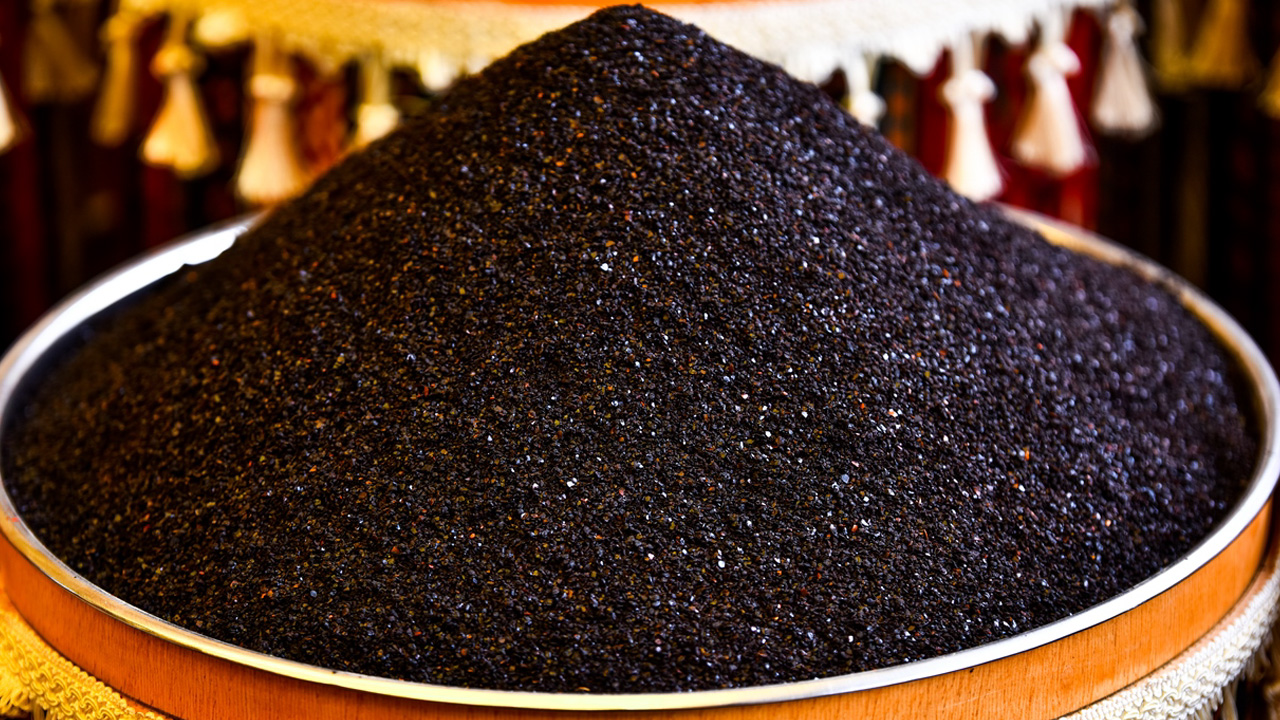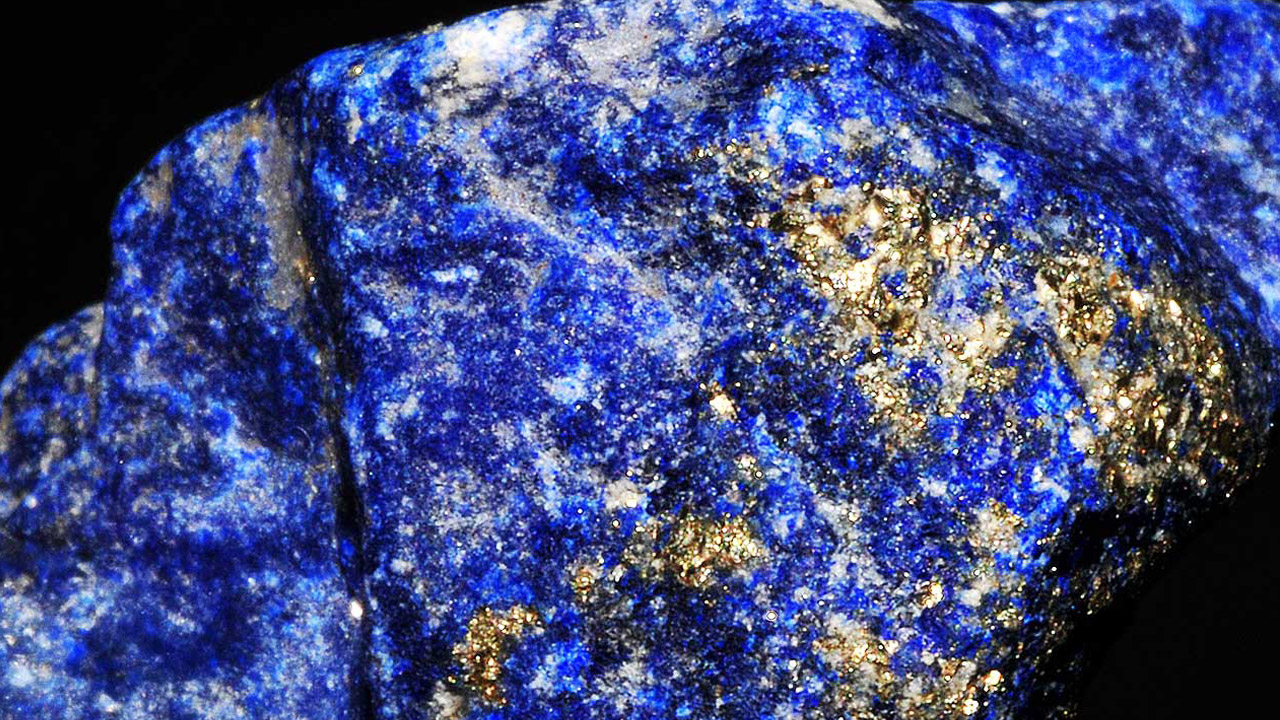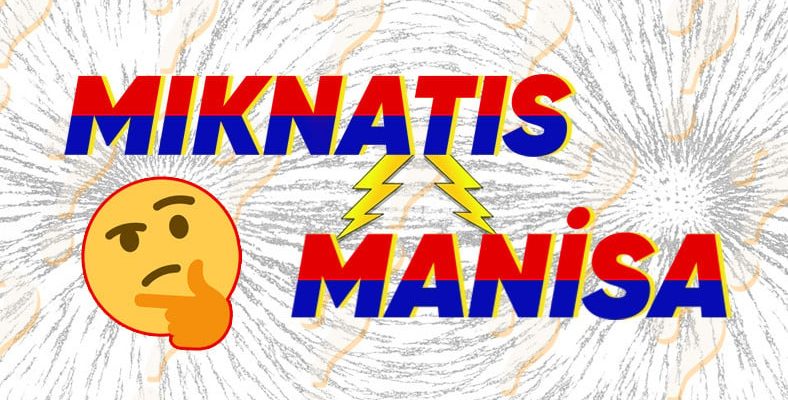Words, which are no one’s own property and are born, grow and die like other living things, also have a story. “Etymology”, which shows the meanings hidden in a word and how people’s emotions will be shaped, is among the branches of science that shed light on the human past.
When we learn the origins of words that have a place in our lives whether they are used or not, we wonder “What is it, what happened?” you can say.
Our language has been nourished and strengthened by many languages such as French, Arabic, Persian and English. if you are curious With this information, you can enter the environment effectively.
Word: A meaningful sound unit consisting of one or several syllables; word, word, dictionary
Word Museum / Ankara
Word; in Arabic wound, scar means. Lafiz is the sound made by a person. If the word contains a meaning and leaves a mark on the other person, it becomes a word. So the word, to leave a scar and open a wound It also means.
Etymology: The branch of linguistics that shows the source of words in a language, investigates when they emerged, where they came from, what stages they went through, and deals with the history of both the form and meaning of words; root information

in Turkish “etymology” The etymology is a Greek word. It emerges from the combination of the words “etymon”, which means “the essence of something”, and “logos”, which means word, science. Etymology in Arabic “don’t look closely” means.
Isot: Red, hot pepper

The word “hot”, meaning very warm, comes from Old Turkish. “warm” comes from the word. The root of some words such as “hothouse” (hamam), “heat” and “to warm up” is Isığ.
“What does the word isot have to do with heat?” If you say so, let us explain immediately. coming to the root of heat The word “weed” combined It became “isot”.
While we’re on the topic of heat “malaria” Let’s also talk about the word. “A disease transmitted from person to person by the bite of an Anopheles mosquito and manifested by chills, fever and sweat attacks; Malaria, which means “heating”, has its origin in heat.
Music: The art of expressing certain feelings and thoughts with harmonious sounds within the framework of certain rules; music
Music, our language “musique” in French entered from the word. It is translated into French from Ancient Greek.
Name of the nine sister goddesses in Greek mythology It was “Mousa” and the muse It was known as. Muse “muse” in English We can say that it was music until it came to us.
Test: A test used to measure the natural or acquired abilities, knowledge and skills of a person or a group.

Although it entered our language from English, the word test actually originates from Latin. “bowl, pot” in Latin means. In ancient times, the bowls used for silver and gold analysis were called “tests”.
Consuming zero: Having no strength, becoming poor, impoverished, dying

Even though it contains zero, it actually has nothing to do with 0 (zero) as we know it. in Arabic “zafir” meaning breath, breath The word has changed to “zero” among the public. Thus, breathing actually becomes to waste one’s breath; becomes pale, to be out of breath.
Get angry: Be very angry
Again, there is an idiom that shifts from its literal meaning to another. In the past, barrels were filled with grapes and water to make vinegar at home, and their mouths were covered with a clean cloth. As the fermentation stopped and the vinegar yeasts fell from the air, the vinegar water would foam and overflow from the barrel. At that time too “ride the cube” It was said. This is not the word “ride” you know. “Finding the right consistency” It was used to mean.
All in all: A word said when one wishes success or happiness for someone else.

Created with artificial intelligence tool Leonardo Ai.
Once upon a time, it was worn on the bride’s head at weddings. sugar, millet or wheat would be thrown away. This is the origin of calling people of marriageable age “maize per se”.
Barbarian: Uncivilized (tribe, community), primitive (thing), rude and cruel
word barbarian French “barbare: foreign, wild” It has passed from word to mouth. From Latin to French. But the real origin of this word is in ancient greek It comes from the word “bárbaros”.
ancient Greeks, Those who use a non-Greek language that is not understood They used to say this word for. This word, which they described as the barbaric speech of the Lydians, whom they considered uncivilized, later began to be used for everyone who was not Greek.
The word barbarian was used not only by the Greeks but also by many civilizations. Slavs used the word “barbarian” in their own language to those who did not know their own language. “nemets” they would say. While Alexander used it for Persians, it was also used for non-Romans during the Roman Empire. Afterwards for non-christians was also used. In Renaissance Italy, the word barbarian was also pronounced for non-Italians.
Dark Blue: The color resulting from the mixture of purple and blue.
Dark Blue: Dark blue color

Laciverdî is a Persian word and passed into Persian from Sanskrit. In Sanskrit, this word is combined from the words “king” and “share, sustenance”. “The king’s share” Meaning navy blue, it was actually used as navy blue until the beginning of the 20th century, but it changed later.
In addition to its meaning, the word dark blue also has an interesting story. A bright and pleasant-looking stone was found around Afghanistan thousands of years ago. The stone in the color of night was also used by the administration of the period. is considered valuable and is used in various jewelry.
Stone spread first to the Middle East, then to Egypt, and from there to many other places, and was accepted as an ornament by the Pharaohs. eye shadow also by women was used as.
Grind it into powder and mix it with milk applied to wounds lapis lazuli, in ancient Greek times “stone of blue, stone of sky” named as.
Navy blue; because it symbolizes eternity, efficiency and authority. on the flags of many nations A color that has found its place.
Bordeaux: The color resulting from the mixture of purple and red, the color of wine sediment.
Let’s continue the origins of the color name with Bordeaux. The word Bordeaux came to our language from French. Color, name “Bordeaux” in France takes it from the city. The city is home to delicious grapes and The best wines in the world It is known for. However, the name “burgundy” given due to the color of the wines is more famous than the wines themselves.
Alarm: A sign given to indicate a warning or danger.
When you think of an alarm, if you only think of your phone or clock ringing in the morning, let’s look at the origin of the word. The word alarm also comes into our language from French. French alarme (call to arms, warning of any kind)derives from the Italian phrase all’arme (to arms! -to arms).
When looking at the real origin Latin “arma (weapon)” Going to word. The word “alarm” was used as a “state of fear, surprise” in the 15th century, as a “call of danger” in the 16th century, and as a “call of danger” in the 17th century. “clock gong” It is used as.
You can wake up in the morning thinking as if you were a gunman, not a job. Maybe more an arousing effect creates.
Magnet: Iron oxide that attracts iron and some other metals; Demirkapan
the word magnet He gave his name to our city Manisa Let’s say it! We are sure that many people, except the people of Manisa, did not know this. Then let’s explain.
Arabic and Persian, magnet used as miḳnāṭīs, Ancient Greek “Magnesia stone” It was called. Because the magnet was mined from the Greek city of Magnesia and the word “wealth” It meant.
A group of people living in Magnesia migrated to Manisa and the city Where the Magnesians live It became known as . From that day on, the city; It was first known as Magnesia and then changed to Manisa.
Which origin information surprised you the most? While stating in the comments you are wondering Don’t forget to add any words. Our etymology content will continue.
RELATED NEWS
Would you like to hear what Turkish sounds like as if you were a foreigner? Here Are A Few Useful Methods
RELATED NEWS
Words that sound like pure Turkish but are actually of foreign language origin: Key from Greek, Soba from Hungarian…
RELATED NEWS
Old Turkish Words We Hear Many Places But We Don’t Know Their Meanings
RELATED NEWS
